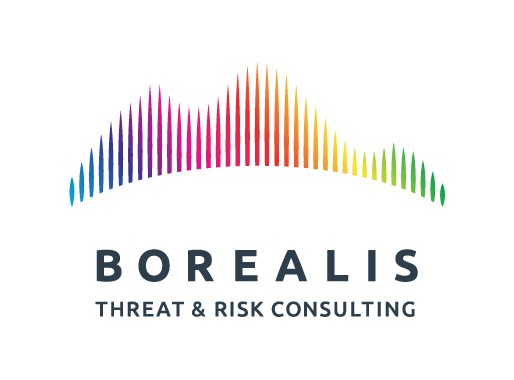Quiz time! What is Canada’s national sport? Is it?
- Lacrosse
- Hockey
- Apologising for everything
- None of the above
The surprise answer is d) since our real national pastime is public inquiries (or royal commissions, or similar gatherings). We seem to have them an awful lot and while I do not have any data to suggest we do so more than other countries I suspect that our love for them has to do with answer c) above, our deep-seated need to keep saying sorry for everything.
I would love to see how effective these commissions are (if anyone has seen a report to that effect please let me know!). They generally take the format of a bunch of witnesses, an even larger bunch of documents and after what seems like an interminable process a series of recommendations which may or may not be implemented. All of this takes place, of course, with the help of YOUR tax dollars. It is thus more than fair to ask whether we should bother.
Mixed in to these affairs is the perceived public right to know. While at one level this is understandable given the aforementioned use of the public purse, there are, however, outstanding issues on whether John and June Q. Public indeed have an inherent right to be made aware of things that are perceived to have gone awry. This applies especially to issues surrounding national security.
Take the recently launched ‘public inquiry into foreign interference in Canada’s elections’, chaired by Quebec Court of Appeals Judge Marie Josee Hogue. It launched the other day months after the Trudeau government swore he would never allow such a beast to arise and after special rapporteur and Trudeau family friend David Johnston delivered an appallingly bland report absolving the current government of any serious lacune in allowing the PRC government to exert influence in our last two federal elections. As pressure for an inquiry grew, however, the government caved and we are where we are.
The problem, though, is that this body is unnecessary. We do not need an inquiry to show Canadians that several governments, both Liberal and Conservative, have egregiously dropped the ball when it comes to acknowledging, dealing with and preventing foreign interference in our democratic process. Thanks to a leak last year, Canadians already know that CSIS has been screaming from the rooftops (ok, maybe not screaming but loudly informing government clients) that this kind of unacceptable behaviour by a non-Canadian ally has been continuing for almost a decade and a half (and probably longer). What else do citizens need to know?
Sure, we will hear how intelligence can be better shared and distributed and that is true (as good as those of us in national security are at our jobs we can always do better), but the basic truth here is that solid intelligence that governments could have used to make better decisions and policies on foreign interference (declaring foreign actors persona non grata if under diplomatic protection, making arrests of Canadians aiding an enemy state…) years ago. The reality that they ignored intelligence in the first place is the problem and one that is well established.
As for the struggle between secrecy and public disclosure, this too is irrelevant. CSIS investigates foreign influence under Section 2b) of the CSIS Act (foreign influenced activities within or relating to Canada that are detrimental to the interests of Canada and are clandestine or deceptive or involve a threat to any person) and has been doing so since its creation in 1984. The information it gathers is generally at least secret (and sometimes higher in classification) and is provided in a timely manner to senior officials with a ‘need to know’ (spy speak for ‘it may be none of your business’). If those officials elect to pretend the intelligence is not relevant that is their fault and not that of CSIS. As a consequence, much of the hearing will be held in camera and thereby not open to the public (so much for the latter’s ‘need to know’!).
It gets worse. Some of those granted standing in the inquiry could very well be the ones under the PRC’s sway. Their very presence at the commission will most definitely intimidate witnesses already under pressure by Beijing to not smear the image of the PRC (dissidents, Uyghurs, Tibetans, Falun Gong, etc.). Why in heaven’s name would a government allow the very people behind the problem (i.e. foreign interference) to have a place at the table investigating the extent of the problem? Is this another instance of Canadian reluctance to offend anyone?
Then there is the ever expanding list of interfering parties. It started with the intelligence on China and has now been altered to include India. Why stop there? Why not include Russia? North Korea? Iran? Saudi Arabia? Fiji? (Ok, the last one is in jest). The inquiry is rapidly growing well beyond a manageable mandate.
I for one will NOT be following the inquiry’s deliberations. I have already spoken on several occasions to media outlets on its uselessness even if this file was not one I focused on while at CSIS (I was in counter terrorism). I am skeptical from the outset and have better things to do with my time.
Besides, we all know hockey should be our national pastime, right? Even if a Canada-based team has not won the Stanely Cup since 1993!

